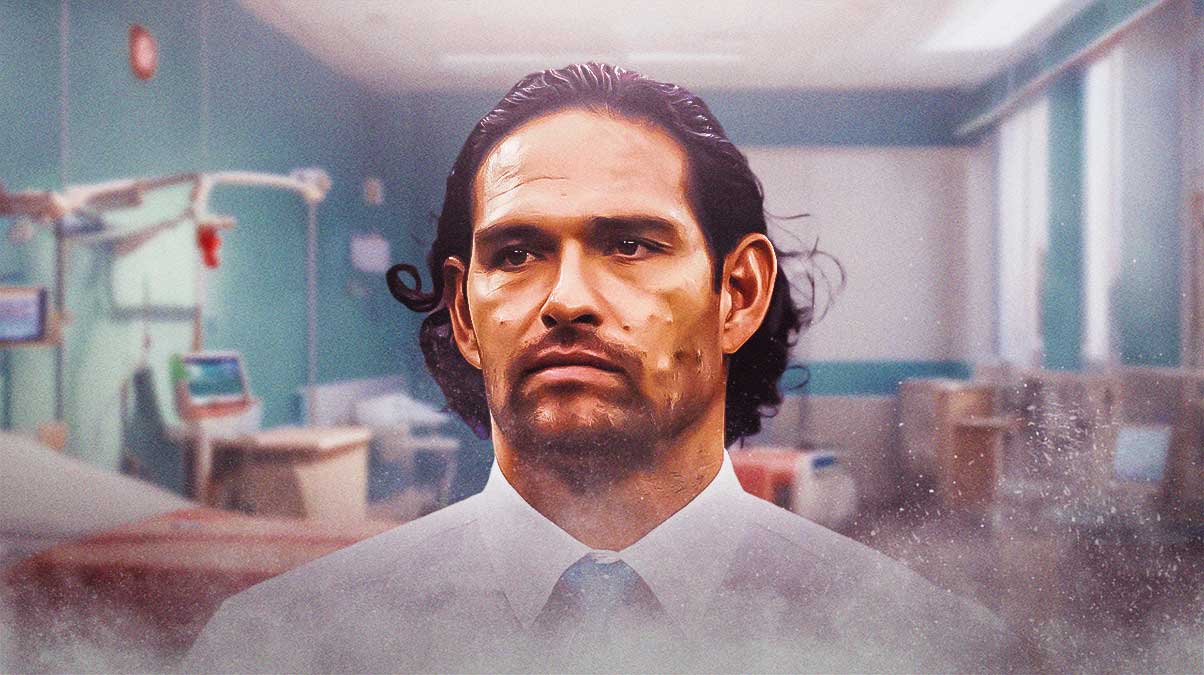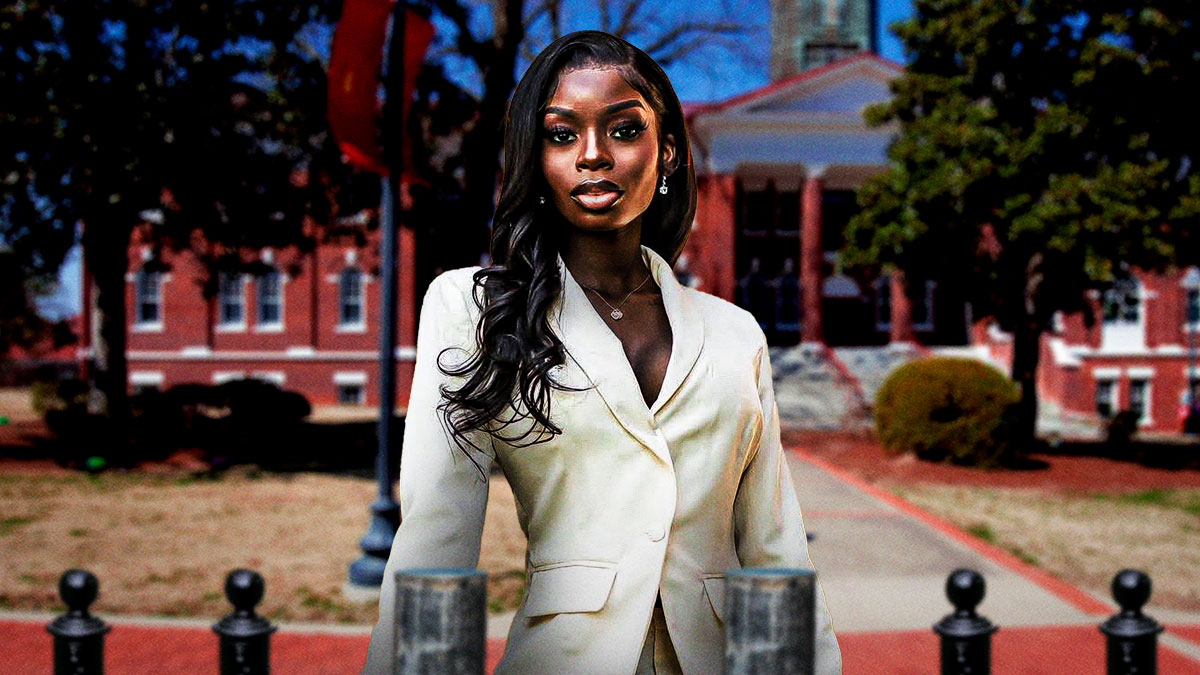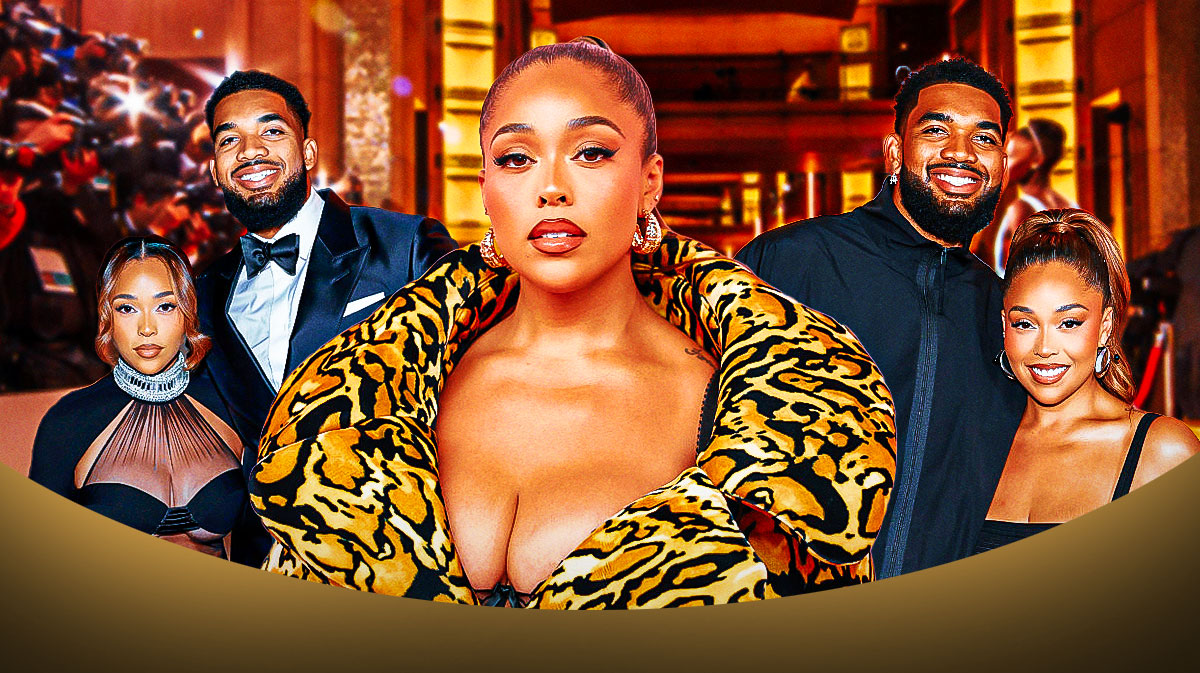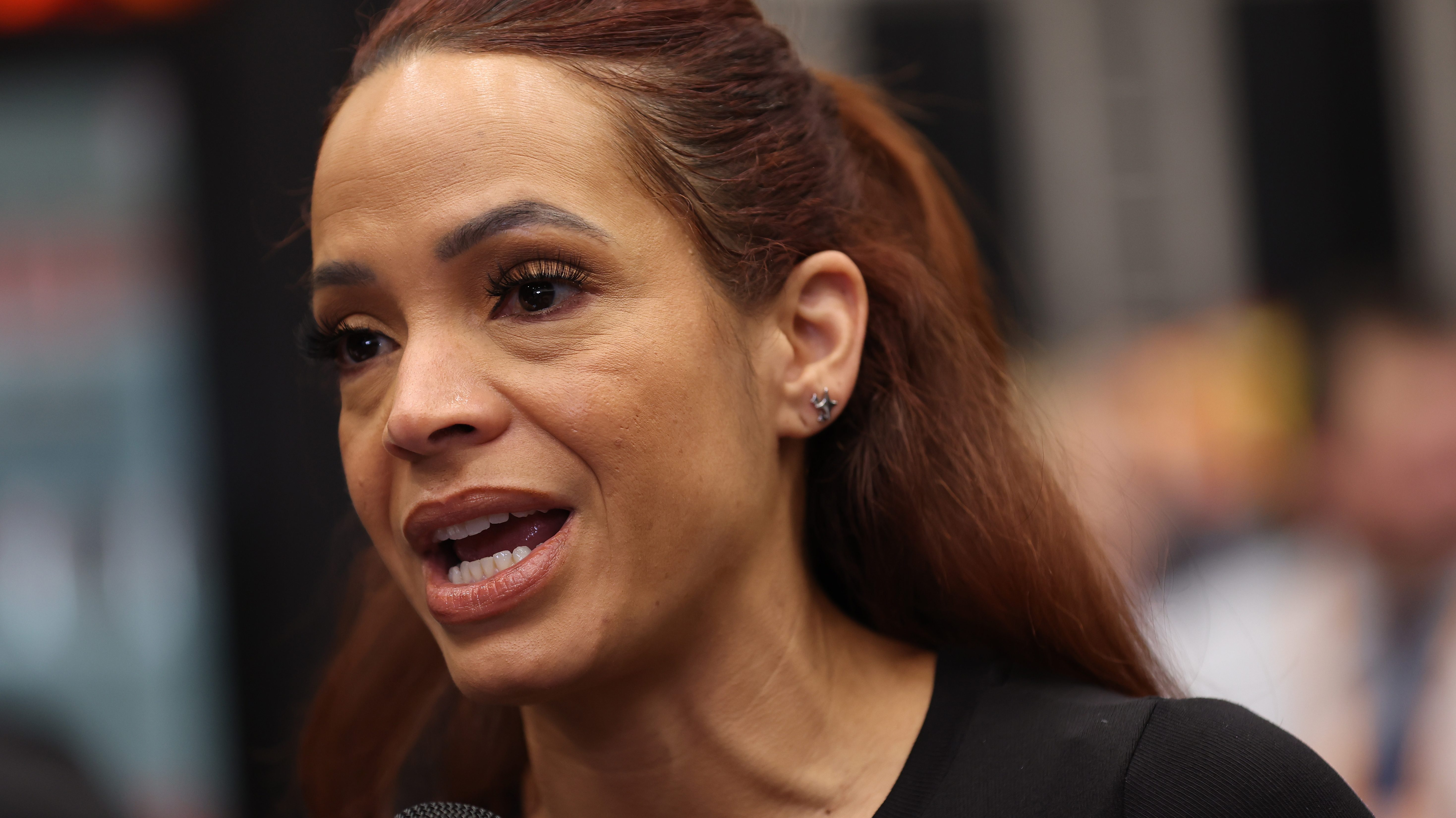In the non-stop speculation and rumor mill that is Taylor Swift's personal life, the latest twist comes from Anna Marks, an editor in the New York Times Opinion section, who is taking heat for a lengthy op-ed piece she wrote, published Thursday, calling Taylor Swift's sexuality into question.
This isn't the first time Marks has stirred controversy over a piece she wrote questioning a pop star's sexuality, as she has previously written an opinion article suggesting Harry Styles was gay. Most of the criticism for the Swift piece is being directed at the New York Times for publishing the clickbait-y piece in the first place.
Over the weekend, someone close to Taylor Swift reported to CNN that her camp is not pleased with the article.
“Because of her massive success,” the anonymous source began, “in this moment there is a Taylor-shaped hole in people’s ethics. This article wouldn’t have been allowed to be written about Shawn Mendes or any male artist whose sexuality has been questioned by fans.”
The source continued that “There seems to be no boundary some journalists won’t cross when writing about Taylor, regardless of how invasive, untrue, and inappropriate it is – all under the protective veil of an ‘opinion piece.'”
The Marks opinion piece argues extremely passionately and at great length (5,000 words) to support its thesis, though the evidence raised all feels very subjective and unique to Marks' personal interpretation. Because Taylor Swift is fond of putting “easter eggs” in her music, Marks — who refers to these hints as hairpins in the article — seems to think she's found some that imply Swift's sexuality is different than what she's publicly stated.
“In isolation, a single dropped hairpin is perhaps meaningless or accidental, but considered together, they’re the unfurling of a ballerina bun after a long performance,” wrote Marks. “Those dropped hairpins began to appear in Ms. Swift’s artistry long before queer identity was undeniably marketable to mainstream America. They suggest to queer people that she is one of us.”
Marks also seemed to be trying to anticipate the backlash preemptively in the piece, adding an early disclaimer that “I know that discussing the potential of a star’s queerness before a formal declaration of identity feels, to some, too salacious and gossip-fueled to be worthy of discussion.”
“I share many of these reservations,” continued Marks. “But the stories that dominate our collective imagination shape what our culture permits artists and their audiences to say and be. Every time an artist signals queerness and that transmission falls on deaf ears, that signal dies. Recognizing the possibility of queerness — while being conscious of the difference between possibility and certainty — keeps that signal alive.”
But the best preemptive writing on the subject seems to have come from Taylor Swift herself last year in the prologue to her 1989 (Taylor's Version) re-release, in which she explained why she surrounds herself with female friends.
“If I only hung out with my female friends,” Swift wrote, “people couldn’t sensationalize or sexualize that — right? I would learn later on that people could and people would.”
Now it seems people have. Swifties even use the phrase “Gaylor” as a handle for the theory that Swift is gay. The rumor gained traction after Swift openly began supporting LGBTQ rights during the 2019 release of her Lover album with tolerance-promoting anthems like “You Need To Calm Down.”
Swift has consistently stated that she is a supporter of the LGBTQ community but not a member of it. As she told Vogue magazine in 2019, “rights are being stripped from basically everyone who isn’t a straight white cisgender male. I didn’t realize until recently that I could advocate for a community that I’m not a part of.”
One of the more thought-provoking quotes from Marks' article states, “Whether she is conscious of it or not, Ms. Swift signals to queer people — in the language we use to communicate with one another — that she has some affinity for queer identity. There are some queer people who would say that through this sort of signaling, she has already come out, at least to us.”
Well whether Ms. Marks is conscious of it or not, her piece has a sensationalized element that may generate more clicks than facts, and is guilty of falling under the Taylor Swift conspiracy theory banner that's been in full force as her relationship with Travis Kelce has developed. There's no telling whether Swift will address the piece directly, or save some of its head-scratching arguments for a “hairpin” in her next hit song.


















